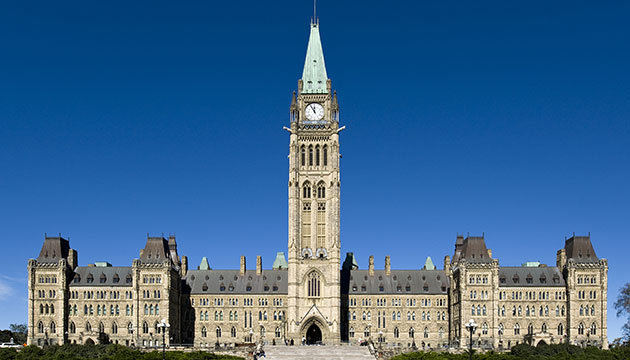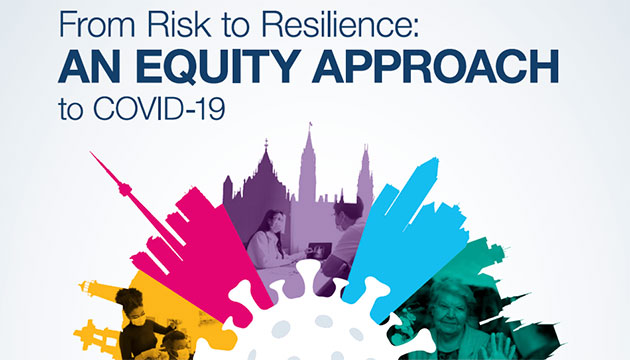After announcing a record investment in health care in early spring, the Saskatchewan government recently provided details on its four-point action plan which included recruitment of health workers directly from the Philippines.
According to a September 2022 media release, senior officials from the provincial government are set to lead a health care recruitment mission to the Philippines this fall to promote job opportunities in Saskatchewan. The provincial government is also negotiating a memorandum of understanding called “Recruitment of Filipino Healthcare Professionals” with the Philippine government.
The release touts that “Saskatchewan is the first province in Canada to introduce an accelerated training, assessment and licensure pathway for internationally educated nurses” while providing support for those recruits to settle and begin work in the province. The first group from the Philippines is said to begin online training in fall prior to arriving in Saskatchewan.
The province’s 2022/23 budget includes a $318.7 million (over five percent) increase to address surgical wait times, mental health, emergency care and other health priorities.
Saskatchewan health minister Paul Merriman announced, “As we focused our health care resources on the pandemic over the past two years, that limited our ability to deliver health services in other areas, like the number of surgeries performed. This year’s budget will address many of those other priorities and get our health system back on track.”
An investment of over $60 million will be spent on the four-point action plan to “recruit, train, incentivize and retain” that will include doctors and registered nurses from abroad and newcomers will be implemented over the next few years.
The Saskatchewan government established an independent Saskatchewan Healthcare Recruitment Agency (SHRA) tasked to spearhead health human resource planning and coordinate provincial level recruitment and retention efforts.
“This ambitious action plan will guide the health system as we train and recruit more health professionals and encourage them to practice in communities where they are most needed,” Saskatchewan’s minister of mental health and addictions, seniors and rural and remote health Everett Hindley said. “By including competitive incentive packages and focusing on key retention practices, we will expand our healthcare workforce, stabilize health services across the province, and build a stronger healthcare system ready to meet the needs of a growing province.”
An information campaign will be launched in fall to promote career opportunities and programs for health care workers.













